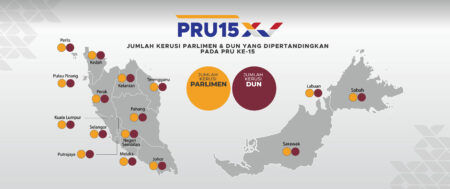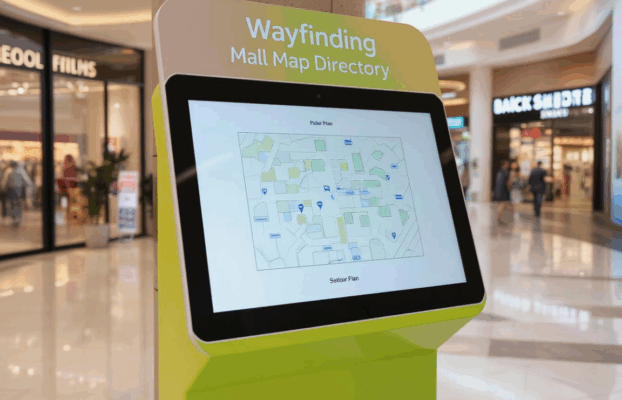PRU 15 – A New Era of Digital Malaysia

PRU 15 – Bring hope to the Malaysia tech industriees, The government of Malaysia is slated to focus in the upcoming budget on automating enterprises using digital technology,
smart classroom and other digital technology with plans to also develop national security and educations .While the relief of this crisis has been springboard to the authorities’ plans to control digitalisation prior to the onset of the Coronavirus crisis and Malaysia political instability, the speculation hasn’t been anything new. As Budget 2023 is set to be produced after the PRU 15 elections.
Malaysia’s seek to encourage and support Start Ups and SMEs Technology entrepreneurship and adoption will be a boon for Malaysia if a strong drive exists to ensure that they are the largest cities of the nation for the following 10 years, Audio visual and tech supplier
Israk Solutions believe that digitalisations must move fast and adopt all over Malaysia . The responsibility is on the government to make sure that the manufacturing sector in Malaysia.
The textbook-based education system in Malaysia is a feature of the region s norm, not an anomaly. Singapore is investing more resources into upgrading its smart classrooms and advance the role of education technology in the country. Singapore pace in implementing is very fast. In 2018 Singapore all ready have learning hub consist of
56 smart classrooms
The government should focus on the venture capital industry, talent development, and technology adoption, Touching on the venture capital industry, Malaysia has created the structure right with the Penjana Kapital fund of funds, a program which has proven successful in other countries. Innovative R&D is important to reduce the cost of R&D projects, but it s not easy to find a qualified, experienced and trustworthy knowledge transfer partner. With Dana Sekolah program that helps to get fund from the government and NGO it helps the industry grow in the education sector faster and better.
The government has allocated RM600 million in 2020, which has allowed the formation of eight venture capital firms and a venture debt fund with a total of RM1.3 billion in funds raised, but that this amount should not be regarded as a completed success until further investment is made. The Needs to maintains that RM1.3 billion won’t be enough to spur more growth; it only represents a drop in the ocean. Sustainable growth begins with the formation of a start-up ecosystem, which requires high-quality talent, funding and market access.
This is where Malaysia has been Since Malaysia has placed an emphasis on digitizing industrial sectors and key export industries and using them to its advantage, credit is being given to where it’s due. Supercomputers, drones, simulation technologies, innovations in chip design and testing, as well as other research advances, have proved to be a boon to the industry.
The government can encourage the acceptance of artificial intelligence (AI) technologies by financial and government incentives for companies to purchase AI services. To increase the confidence of workers as they enter into unfamiliar emerging technologies, the government can provide funding for supplying basic AI classes to the public through partnerships with businesses. Budget 2023 should also allocate funds for the setting up of an IR5.0 industry advisory panel and project initiatives, where humans and machines can merge and cooperate. Lim says this should be the focus since AI will play a significant role, particularly in the manufacturing sector, given that this is one of the leading economic sectors for Malaysia.
In conclusion, that education technology regulation is vital to society, primarily because the code of ethics that the code establishes ought to define the interests of users and make sure they are one hundred percent confident in AI services. Budget 2023 should include a substantial allocation to support a governing body that will enact a set of learning ethics and ensure the quick-to-market nature of this technology.







